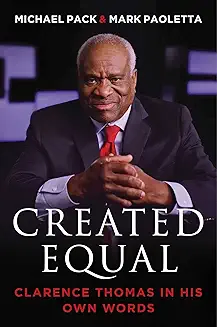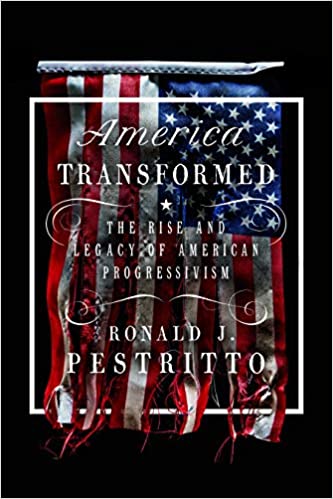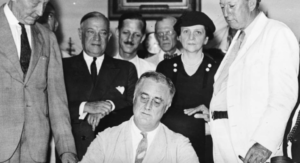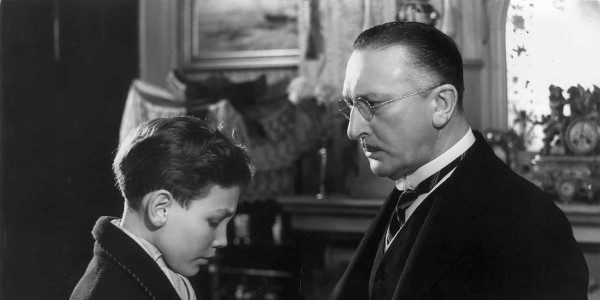
Clarence Thomas and the Lost Constitution
September 2019 • Volume 48, Number 9 • Myron Magnet
Myron Magnet
Author, Clarence Thomas and the Lost Constitution
The following is adapted from a speech delivered on September 17, 2019, at Hillsdale College’s Constitution Day Celebration in Washington, D.C.
Clarence Thomas is our era’s most consequential jurist, as radical as he is brave. During his almost three decades on the bench, he has been laying out a blueprint for remaking Supreme Court jurisprudence. His template is the Constitution as the Framers wrote it during that hot summer in Philadelphia 232 years ago, when they aimed to design “good government from reflection and choice,” as Alexander Hamilton put it in the first Federalist, rather than settle for a regime formed, as are most in history, by “accident and force.” In Thomas’s view, what the Framers achieved remains as modern and up-to-date—as avant-garde, even—as it was in 1787.
What the Framers envisioned was a self-governing republic. Citizens would no longer be ruled. Under laws made by their elected representatives, they would be free to work out their own happiness in their own way, in their families and local communities. But since those elected representatives are born with the same selfish impulses as everyone else—the same all-too-human nature that makes government necessary in the first place—the Framers took care to limit their powers and to hedge them with checks and balances, to prevent the servants of the sovereign people from becoming their masters. The Framers strove to avoid at all costs what they called an “elective despotism,” understanding that elections alone don’t ensure liberty.
Did they achieve their goal perfectly, even with the first ten amendments that form the Bill of Rights? No—and they recognized that. It took the Thirteenth, Fourteenth, and Fifteenth Amendments—following a fearsome war—to end the evil of slavery that marred the Framers’ creation, but that they couldn’t abolish summarily if they wanted to get the document adopted. Thereafter, it took the Nineteenth Amendment to give women the vote, a measure that followed inexorably from the principles of the American Revolution.
During the ratification debates, one gloomy critic prophesied that if citizens ratified the Constitution, “the forms of republican government” would soon exist “in appearance only” in America, as had occurred in ancient Rome. American republicanism would indeed eventually decline, but the decline took a century to begin and unfolded with much less malice than it did at the end of the Roman Republic. Nor was it due to some defect in the Constitution, but rather to repeated undermining by the Supreme Court, the president, and the Congress.
The result today is a crisis of legitimacy, fueling the anger with which Americans now glare at one another. Half of us believe we live under the old Constitution, with its guarantee of liberty and its expectation of self-reliance. The other half believe in a “living constitution”—a regime that empowers the Supreme Court to sit as a permanent constitutional convention, issuing decrees that keep our government evolving with modernity’s changing conditions. The living constitution also permits countless supposedly expert administrative agencies, like the SEC and the EPA, to make rules like a legislature, administer them like an executive, and adjudicate and punish infractions of them like a judiciary.
To the Old Constitutionalists, this government of decrees issued by bureaucrats and judges is not democratic self-government but something more like tyranny—hard or soft, depending on whether or not you are caught in the unelected rulers’ clutches. To the Living Constitutionalists, on the other hand, government by agency experts and Ivy League-trained judges—making rules for a progressive society (to use their language) and guided by enlightened principles of social justice that favor the “disadvantaged” and other victim groups—constitutes real democracy. So today we have the Freedom Party versus the Fairness Party, with unelected bureaucrats and judges saying what fairness is.
This is the constitutional deformation that Justice Thomas, an Old Constitutionalist in capital letters, has striven to repair. If the Framers had wanted a constitution that evolved by judicial ruling, Thomas says, they could have stuck with the unwritten British constitution that governed the American colonists in just that way for 150 years before the Revolution. But Americans chose a written constitution, whose meaning, as the Framers and the state ratifying conventions understood it, does not change—and whose purpose remains, as the Preamble states, to “secure the Blessings of Liberty to ourselves and our Posterity.”
In Thomas’s view, there is no nobler or more just purpose for any government. If the Framers failed to realize that ideal fully because of slavery, the Civil War amendments proved that their design was, in Thomas’s word, “perfectible.” Similarly, if later developments fell away from that ideal, it is still perfectible, and Thomas takes it as his job—his calling, he says—to perfect it. And that can mean that where earlier Supreme Court decisions have deviated from what the document and its amendments say, it is the duty of today’s justices to overrule them. Consequently, while the hallowed doctrine of stare decisis—the rule that judges are bound to respect precedent—certainly applies to the lower courts, Supreme Court justices owe fidelity to the Constitution alone, and if their predecessors have construed it erroneously, today’s justices must say so and overturn their decisions. Continue reading →













